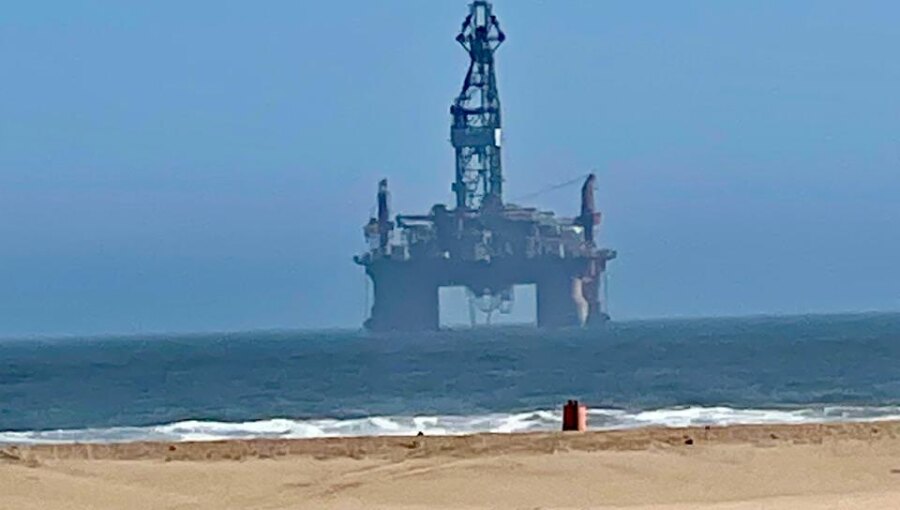Woodside Energy initiates arbitration proceedings against Senegal over tax assessment at Sangomar project

Woodside Energy, Australia’s largest independent oil and gas company, has filed an arbitration request with the World Bank’s International Centre for Settlement of Investment Disputes (ICSID) over an earlier tax assessment dispute with the Senegalese government.
The ASX-listed company is the operator of the Sangomar oil and gas field, located approximately 100 km south of Dakar. Woodside holds an 82% participating interest in Senegal’s first offshore oil development. Woodside filed the formal complaint on May 30, naming Senegal’s Ministry of Petroleum and Energy as the respondent, Reuters reported, adding that no further details were given.
In August 2024, Senegalese media reported that the country’s tax authorities were claiming around 41bn CFA francs ($68.68mn) from the company after a tax assessment. Woodside contested the assessment in Senegal’s High Court, asserting that it had fulfilled all tax obligations under the existing agreements, as reported by the media agency at the time.
According to Woodside spokesperson, both parties made progress in resolving the outstanding tax issues. Nevertheless, Woodside filed a request for international arbitration with ICSID owing to the lack of resolution on several matters.
‘Woodside strongly believes we have acted in accordance with applicable regulations... and there are no outstanding taxes payable,” the spokesperson told the media agency in an email.
The Sangomar project is supported by the FPSO Léopold Sédar Senghor, a floating production, storage and offloading vessel with a designed capacity of 100,000 barrels per day (bpd). During the first quarter of 2025, the project achieved “exceptional production of 78 thousand barrels per day at almost 98% reliability,” according to Woodside CEO Meg O’Neill.
The dispute comes in the context of a broader initiative by Senegal’s government, led by President Bassirou Diomaye Faye, to review and possibly renegotiate oil and gas contracts granted by earlier administrations. While the initiative aims to secure more favourable terms for the country, it has also sparked concerns among investors about the stability of Senegal’s investment climate.
The outcome of the arbitration could have significant implications for foreign investment in Senegal’s energy sector and may influence how multinational companies approach contracts and operations in the region.
Senegal’s Ministry of Petroleum and Energy was not immediately available for comment, Reuters said.


Follow us online